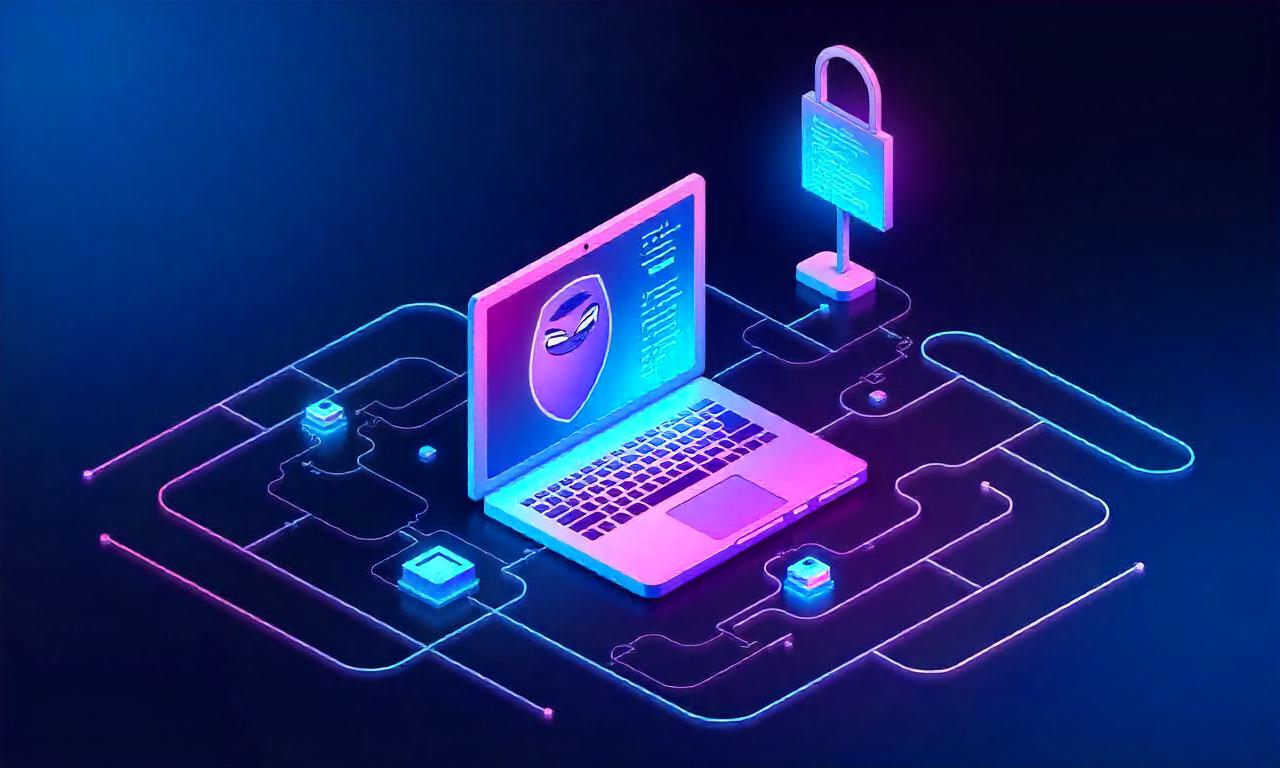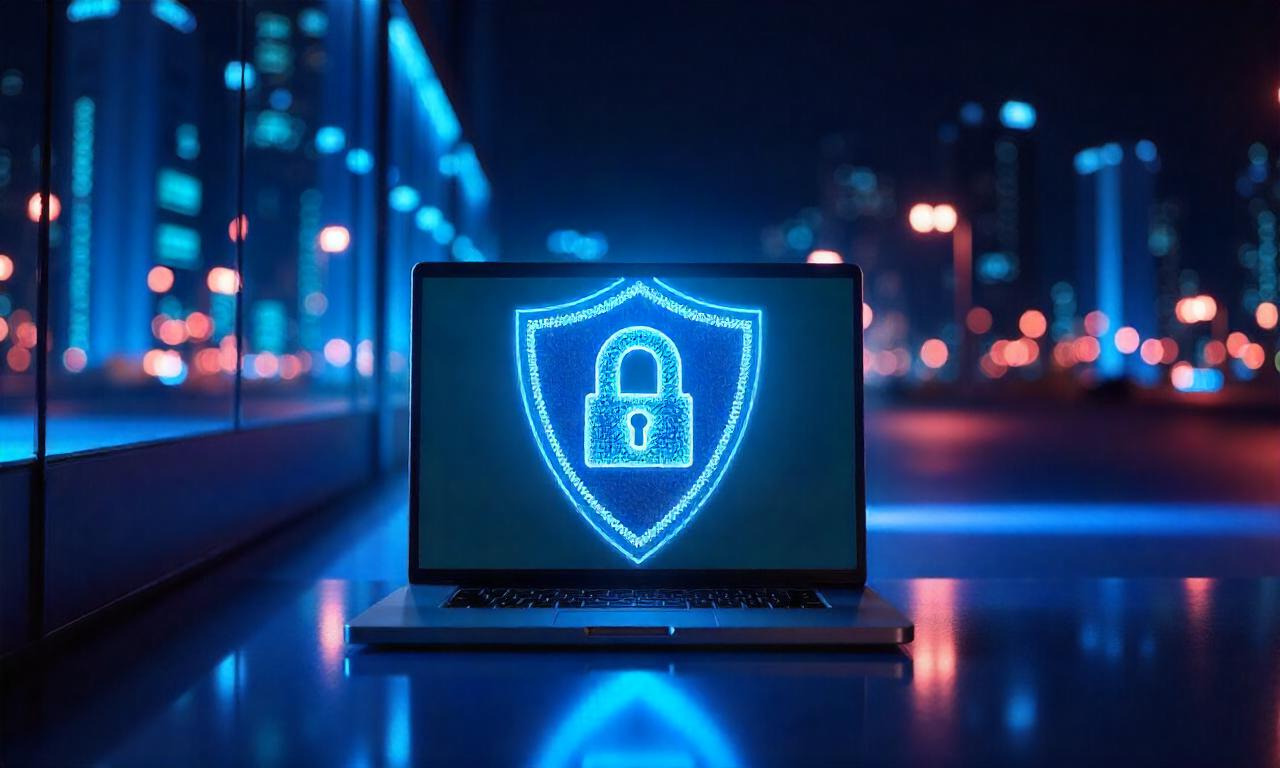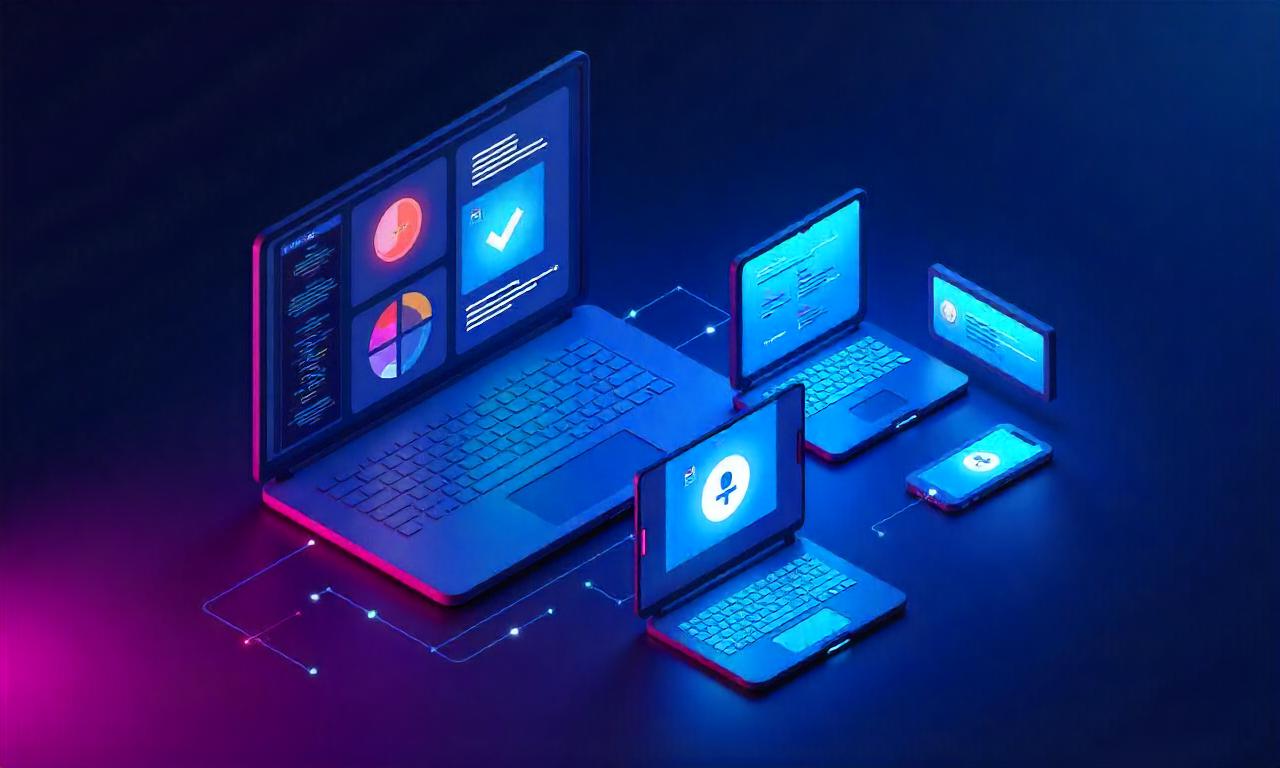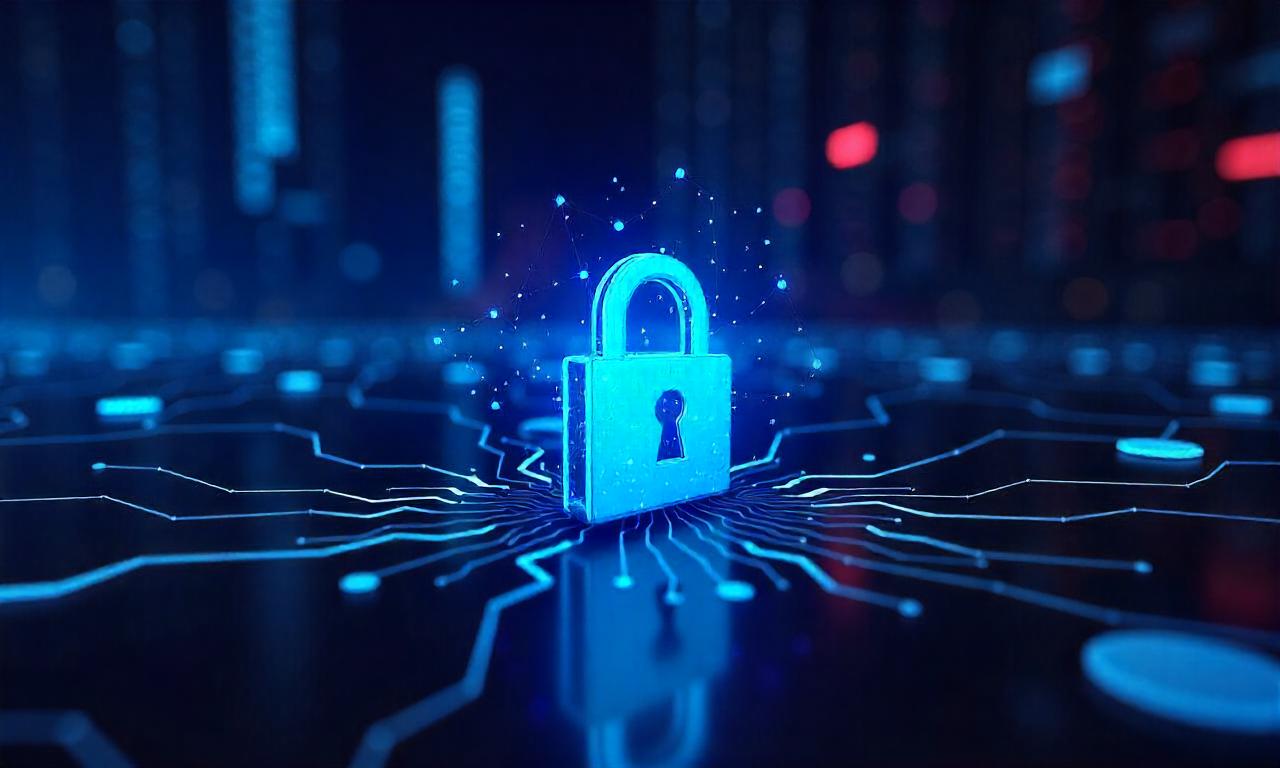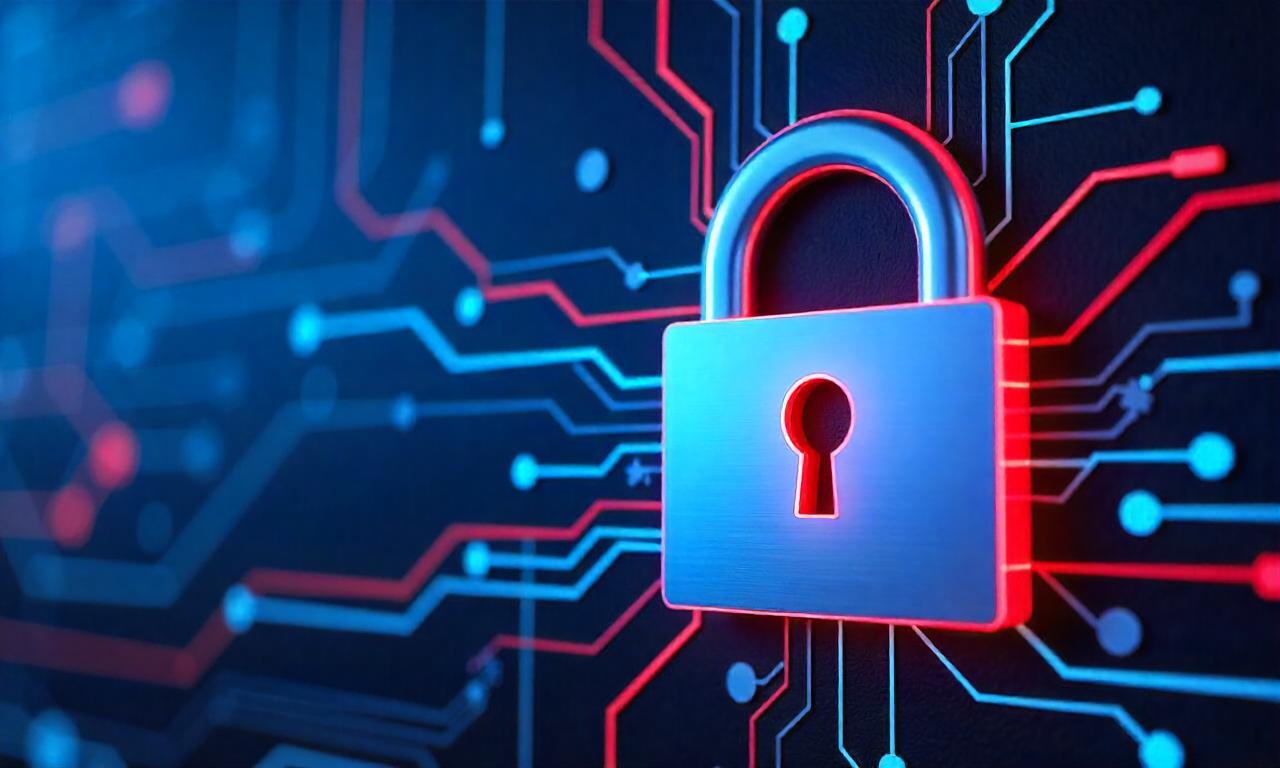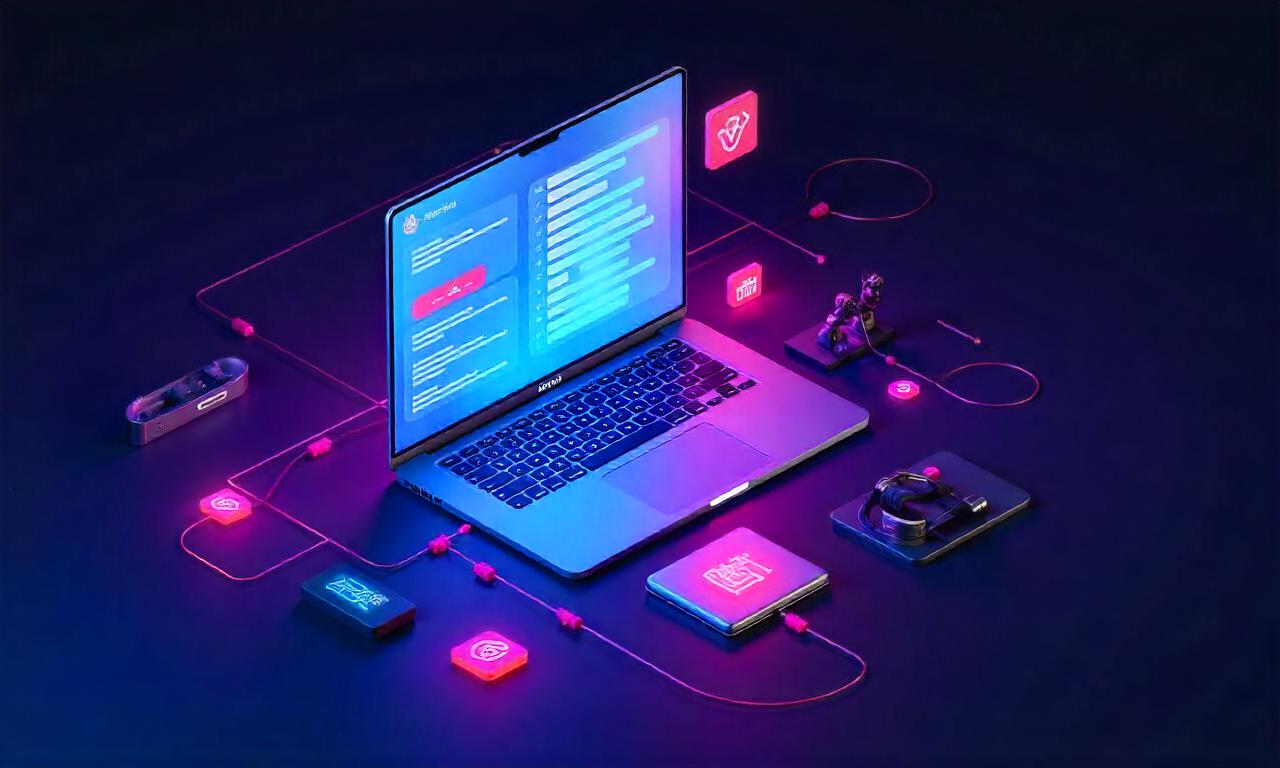VPN Pieces – Discover the essential VPN security features you should always use to enhance your online privacy and protect your data from cyber threats.
Are you maximizing your VPN’s security features? While VPNs are great for protecting your online privacy, not all features are created equal, and some are essential for optimal security.
Which VPN features should you always use? From encryption protocols to kill switches, knowing the right security settings can make a huge difference in keeping your data safe from cyber threats.
Table of Contents
ToggleUnderstanding VPN Security: The Basics We Often Overlook
When we think about VPNs, we often imagine a magic tunnel that instantly makes us invisible online. While that’s partially true, there’s more to VPN security than meets the eye. A solid VPN doesn’t just hide your IP—it implements layers of protection that form a digital fortress around your data.
At the core of VPN security is encryption. This process scrambles your data into unreadable code, making it virtually impossible for hackers or ISPs to decipher.
But not all encryption is equal. The industry gold standard is AES-256, a level of security even governments rely on.
We also tend to ignore another crucial aspect—tunneling protocols. These dictate how your data travels through the encrypted network.
Whether you use OpenVPN, IKEv2, or WireGuard, the protocol determines speed, stability, and security. Understanding this helps us choose the right VPN for our unique needs—whether we’re streaming, working remotely, or accessing restricted content.
VPN Encryption: The First Line of Digital Defense
VPN encryption is the linchpin of every secure VPN service. Without it, your data is exposed to a wide range of cyber threats like data interception, phishing, and identity theft.
Advanced Encryption Standard (AES) with 256-bit keys is widely accepted as the benchmark. This algorithm encrypts your data into a cipher that’s virtually unbreakable by brute force.
When paired with secure protocols like OpenVPN or WireGuard, it forms a powerful combination that ensures data remains safe during transmission.
Real-world applications of data encryption VPN services include using public Wi-Fi networks without fear of interception, accessing sensitive corporate systems remotely, and even bypassing surveillance in restrictive regions. When we understand the technical backbone of encryption, we gain more control over our internet privacy solutions.
VPN Tunneling Protocols: The Highway Your Data Rides On
Not all VPN protocols are created equal. In fact, the type of VPN tunneling protocol used can determine whether your connection is secure, fast, or both.
Here are the main tunneling protocols you’ll encounter:
- OpenVPN: Open-source and highly secure, this is the most trusted among security professionals.
- WireGuard: Known for speed and simplicity, it’s the new kid on the block but rapidly becoming a favorite.
- IKEv2/IPSec: Great for mobile connections due to its stability when switching networks.
Each protocol carries strengths and trade-offs. We must choose wisely depending on our goals—streaming might require speed (WireGuard), while secure browsing VPN habits might favor OpenVPN for its maturity and community-reviewed code.
The VPN Kill Switch: Your Last Line of Defense

Imagine you’re using a VPN to access sensitive banking information, and suddenly, your VPN disconnects. Without a VPN kill switch, your real IP is instantly exposed.
This feature automatically blocks all internet traffic the moment your encrypted connection drops, preventing accidental leaks. It acts as a fail-safe, particularly vital for users in high-risk environments or those dealing with sensitive information.
Despite its importance, many users forget to activate the kill switch. Always ensure your VPN has it enabled—especially if you’re relying on it for virtual private network safety or using a secure remote access setup for work.
Read More : Multi-Hop VPN: An Advanced Security Feature Explained
Leak Protection: Guarding Against IP and DNS Leaks
While a VPN may claim to protect your data, it can still expose your identity through IP or DNS leaks. These vulnerabilities happen when your device bypasses the VPN tunnel to perform certain tasks, exposing your location or search data.
VPN leak protection plugs these holes by ensuring all DNS requests are handled within the encrypted tunnel. IP masking security features further prevent any digital footprint from linking back to your device.
Leak tests are widely available online—run them regularly to ensure your private network protection measures are working as intended. A single misconfigured setting can compromise your anonymity.
Multi-Factor Authentication: Securing Access to Your VPN
Even if your VPN connection is rock-solid, unauthorized access to your VPN account is a potential threat. That’s where multi-factor authentication (MFA) becomes essential.
MFA requires an extra verification step—usually a one-time code sent via SMS, email, or an authentication app—ensuring only you can access your VPN account. Some advanced services even support biometric verification for added layers of security.
This simple but powerful feature bolsters VPN data protection, especially when managing business VPNs or accessing sensitive cloud storage. It’s one of the most overlooked yet crucial VPN authentication methods.
Zero-Log Policies: Why Your VPN’s Privacy Stance Matters
When using a VPN, we expect our activities to be private. But that isn’t always the case. Some VPN providers log your browsing data, defeating the purpose of using one in the first place.
A zero-log VPN guarantees that your online behavior isn’t stored, shared, or sold. Reputable providers undergo independent audits to prove their claims, giving you confidence that your VPN privacy tools are trustworthy.
Always verify a VPN’s logging policy before committing. If the terms are vague or absent, that’s a red flag. Transparency builds trust—and that’s the foundation of any strong cyber security VPN strategy.
IP Masking: Staying Anonymous in a Connected World

One of the core functions of a VPN is IP masking, which allows us to appear as though we’re browsing from a different location. This is crucial for maintaining anonymity and evading surveillance or targeted advertising.
Beyond accessing geo-restricted content, IP masking security also helps prevent IP-based attacks like DDoS, often targeting gamers or online activists. It’s a defensive wall that keeps bad actors guessing.
To ensure effective masking, your VPN should offer dynamic IP switching and an expansive server network. This way, your digital presence remains elusive no matter where you go online.
VPN Firewalls: Adding Another Layer of Digital Armor
Firewalls aren’t just for computers anymore. Many VPNs now include built-in VPN firewalls, which block unwanted inbound and outbound traffic from reaching your device.
This is especially useful in preventing malware communication or botnet participation—threats often missed by standard VPN protections. Combined with antivirus software, it creates a secure browsing VPN experience that proactively detects and neutralizes risks.
If you’re in charge of securing a business network, VPN firewall integration is non-negotiable. It brings enterprise-grade security into personal or remote office environments.
Secure Remote Access for Work and Travel
The remote work era has made secure remote access a top priority. Whether we’re accessing company databases or using collaboration tools, our VPN must maintain integrity across all devices and locations.
VPNs supporting split tunneling allow us to route only certain traffic through the VPN while keeping others on local networks—this optimizes performance without sacrificing network privacy features.
For digital nomads, using VPNs with cross-platform support and secure mobile configurations ensures consistent internet privacy solutions, whether you’re at a coffee shop or an airport.
Threat Prevention and Malware Blocking
Some advanced VPNs include VPN threat prevention systems that scan and block malicious websites, phishing domains, or trackers before they reach your browser.
These features act like mini cybersecurity suites embedded within your VPN client, offering real-time protection without slowing down your connection. They go beyond anonymizing your traffic by actively neutralizing threats.
While not every VPN includes these, it’s a valuable feature for users who regularly navigate high-risk websites or handle sensitive data. Think of it as having a digital bodyguard built into your private tunnel.
Customizable VPN Settings for Granular Control
Many users settle for default settings, unaware that advanced configurations can significantly enhance VPN security. Features like choosing specific encryption types, setting kill switch behavior, or toggling split tunneling can tailor your protection to your workflow.
For example, configuring VPN rules based on Wi-Fi networks lets your VPN activate automatically on untrusted connections—providing peace of mind without manual effort.
Mastering your settings isn’t just for tech-savvy users; most providers offer intuitive interfaces, making it easy for anyone to gain granular control over their online security features.
VPN for Mobile Devices: Don’t Skip Smartphone Security
We often forget that our smartphones are just as vulnerable as desktops—if not more. Using a cyber security VPN on mobile ensures encrypted communications, blocked tracking ads, and access to geo-restricted content on the go.
Look for mobile VPNs that offer lightweight apps with full functionality—kill switch, leak protection, and optimized battery use. Android and iOS have unique architectures, so ensure your provider supports both securely.
With the rise of mobile banking, messaging, and remote work apps, VPN privacy tools on smartphones are no longer optional—they’re essential.
Choosing the Right VPN Provider
Even with all these VPN security features, your protection is only as strong as the provider behind them. Avoid free VPNs that monetize your data or offer limited features.
Choose providers with transparent policies, audited no-log claims, 24/7 support, and a proven reputation. Bonus points for those offering open-source clients, bug bounty programs, and frequent updates.
A secure VPN is an investment in your digital well-being. Don’t cut corners here—your privacy deserves more than a bare-bones tool pretending to be a cybersecurity solution.
Regularly Audit Your VPN Setup
Security is never a set-it-and-forget-it scenario. Periodically auditing your VPN security setup ensures that every feature—encryption, kill switch, leak protection, and more—is functioning as intended.
Perform routine checks: run DNS leak tests, inspect log settings, update your client, and review new feature releases. Staying proactive ensures continued VPN data protection as technology and threats evolve.
Think of it as regular maintenance for your digital life—ensuring that your virtual private network safety is always operating at peak performance.
Final Thoughts: Reclaiming Control in a Surveillance Era
In an era dominated by data harvesting, surveillance, and cybercrime, it’s no longer enough to simply use a VPN. We must actively understand and enable the full suite of VPN security features at our disposal.
From encryption to leak protection, kill switches to firewalls, and MFA to zero-log policies, each feature plays a vital role in protecting our digital footprint. By using these tools wisely, we can reclaim a sense of control over our privacy and safety in an increasingly connected world.
Let’s not settle for basic security when we have the means to create a fortress. A truly secure browsing VPN experience starts with knowledge—and ends with action.



